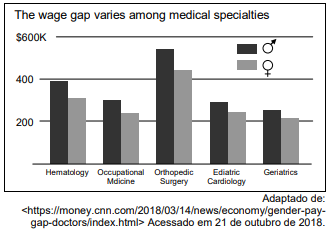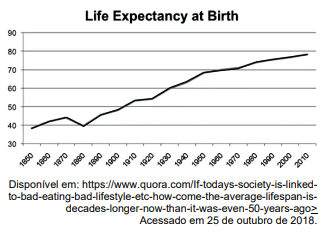Read the text below and answer the following question.
Is it time you went on a social media detox?
In today's world, social media is central to our lives. It helps
us to stay in touch with our friends, promote our work, and
follow the latest news. How do these networks impact our
mental and physical health?
A number of studies have linked social media use with
increased levels of depression, anxiety, and isolation.
Social media lovers have twice the risk of depression,
compared with their less enthusiastic peers.
Research has revealed that younger and older users alike
are in danger of breaking under the pressure of
unachievable standards of beauty and success.
Among young adult users, social media notably increases
the incidence of anxiety and depression, according to the
results of a sizeable study conducted in 2016.
In fact, the researchers saw that users who frequently
checked their accounts had a more than twice as high a risk
of depression than their less social media-oriented peers.
This may partly be due to the fact that social networks
create an artificial need to be available 24/7, to respond to
messages and emoji reactions instantly. But this attitude
creates an unnecessary amount of low-key stress that takes
its toll on our emotional well-being.
And, despite the fact that such platforms are supposed to
enhance our sense of connectedness with other people,
research has found that they actually have the opposite
effect: they render dedicated users lonelier and more
isolated.
However, this shouldn't really surprise us. The
hyperconnectedness takes place at a superficial level,
eliminating all of the extra elements that make
communication more valuable and psychologically
constructive.
Such elements include eye contact, body language, the
possibility of listening for changes in our interlocutor's tone
of voice, or the possibility of physical touch.
An over-active social media presence can leave its mark not
just on our mental health, but also on our physical health —
particularly by altering our sleep patterns.
Lastly, researchers have proven that our commitment to
social media platforms can negatively affect our
commitment to our own creative and professional lives in
complex ways.
Adaptado de: <
https://www.medicalnewstoday.com/articles/321498.php?sr>
Acessado em 19 de outubro de 2018.

